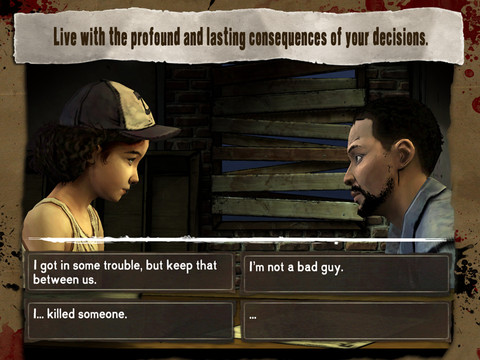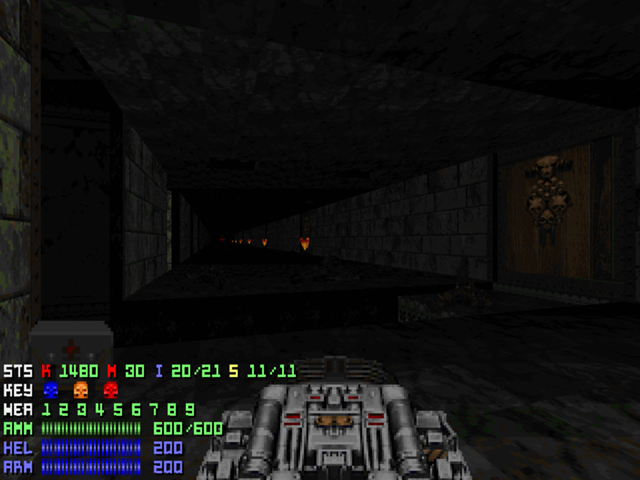Choice, “an act of selecting or making a decision when faced with two or more possibilities.”
Choices are what make up our day to day lives. By living we actively choose between endless possibilities that can and do happen. It’s no surprise, therefore, that choice has become a hugely significant element of the video game industry. After all, games have come so far that they can only reflect the values of modern society. I would argue that beyond a simple factor within games, choices have become the most important and significant aspect of the modern video game.
Of course the game of the moment, Arkane Studios’ brilliant Dishonored, inspired this article simply because it centres on the concepts of player choice. The game actively implores the player to try experimenting with the various ways to achieve objectives. Even when presented with simple actions like passing a security gate the player is given an array of options. Posses a rat, remove the whale oil, avoid it vertically, reverse the power, all choices that the player is free to make. This is by no means a rarity. Deus Ex offered a fairly similar experience, particularly concerning the use of lethal or non-lethal player interactions. Bioshock is famous for adapting the story to the actions of the player and Telltale’s recent Walking Dead series is centred on tailoring your own story. The ability to make an active decision and therefore effect gameplay has quickly become one of gaming’s’ most sought after game design elements.

Titles like the original Fallout, Dragon Quest or even Zelda gave players true active choices many years ago. The kind of open world freedom they gave translates now into games like GTA or Skyrim where the ability for the player to choose their path is almost constant. In terms of choice open-world games are arguably unmatched and the rise in open-world gaming, from World of Warcraft to Assassin’s Creed, has only furthered the role of life-like options in video games. Single or married, for example, is just one life choice that’s been translated in to countless RPGs and sims.
The importance of choice has also been continuously emphasised by the gaming press who like to heap on the praise when a game offers some sort of “non-linear experience!” At the other end of the spectrum several games have been scrutinised for their linearity and overall lack of choices that directly affect the game. Eurogamer’s review of Uncharted 3 comes to mind initially; while most sites awarded the game 10s and 9s, Eurogamer’s Simon Parkin compared the “linear design” to “being a semi-spectator on a fairground ride”. Obviously he wasn’t impressed by the lack of (that’s right) choices available in the game and certainly this is a fair comment, but does this really negatively affect the game? Perhaps the most ‘infamous’ perpetrator of the linear game effect is that little franchise known as COD which, in an industry increasingly tailored towards player options, features few choices outside of which bad guy to shoot. Obviously, this hasn’t stopped Call of Duty being the best selling franchise in gaming history, so why have we become so devoted to having the power to make decisions?
Ok, so I realise the reasons are very obvious, and, entirely logical. Games aren’t films they’re interactive entertainment and so being able to choose your path is, in reality, the essence of a true video game. Plus, having a virtual world react to your actions is, and always will be, very cool. So have choices become so important purely because they identify the medium? Or has the industry moved on to a point where we expect to be able to play in a fashion dictated directly by us? The ability to make choices in games has, in my opinion, become the most important factor for any title. While choices have existed in games pretty much forever, there is an undeniable trend as of late to give players several (sometimes hidden) options to give them a sense of ownership over their gameplay. Games today are seemingly defined by their ability to adapt and to keep the player thinking, in essence choice has become the staple of the modern video game. While some games still play to the Doom inspired “corridor” approach, gaming is become more and more focused on player choice and I’d bet that it’ll only evolve in to the future.